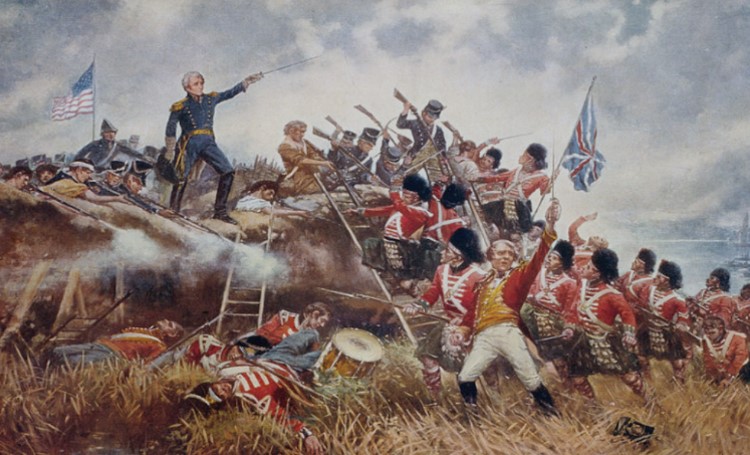So, the current OS in the U.S. Navy would not likely hold up in the War of 1812 U.S. Navy. It would not be Operations Specialist. Hey, no aircraft or electrical systems in the War of 1812.
So, then, what is an OS in the War of 1812, which is the rank that Richard Hill held?
*******************************
I found the answer at the USS Constitution Museum site.
It gave the five ranks of men serving on the ship.
Commissioned Officers
Warrant Officers
Petty Officers
Enlisted Men
Marines
Most likely OS would be an enlisted man. And, since Hill was a black man, it would not likely be as as officer of any sort.
And, I looked at the three ranks of enlisted men: Able Seaman, Ordinary Seaman and Boy.
Hey, OS. Ordinary Seaman
I think I have his rank.
OS --Brock-Perry

